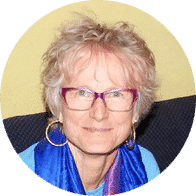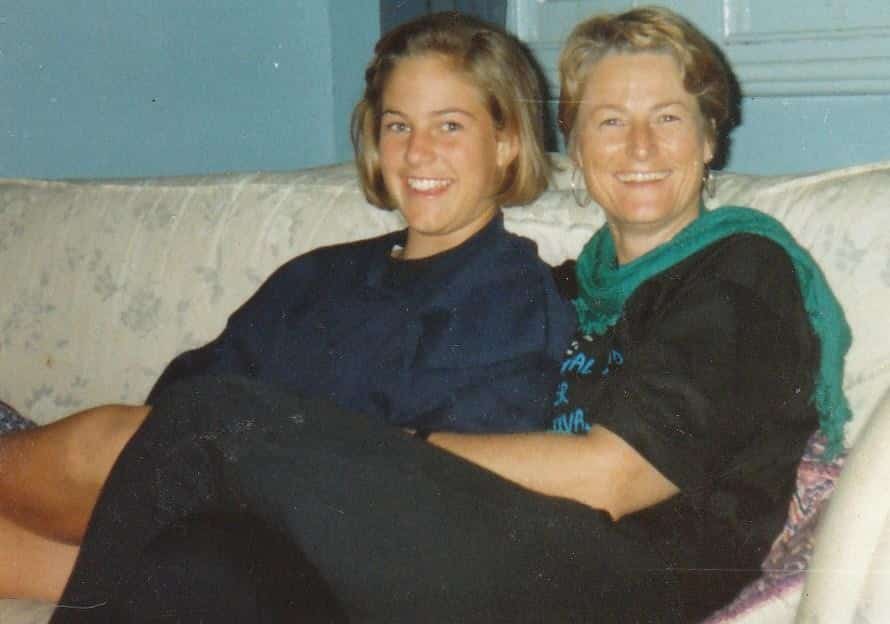I am Catherine’s mother and she was my only child. For years, I ran my own successful business as a professional speaker and corporate trainer but nothing compared with being a mom. Never did I imagine one day I would stand in the morgue, stiff with disbelief, staring down at my baby, motionless on a gurney.
Twenty years have passed since that fateful day; twenty years of struggling to forgive myself; twenty years of grappling to make sense of the war on drugs.
Last month, I attended Overdose Awareness Day in San Francisco. It was held in the Tenderloin National Forest, once a dead-end alley filled with dumpsters and now a peaceful space with trees, including a giant redwood, colourful wall murals and a mosaic floor. With the smell of sausages sizzling on a free barbecue, I placed my daughter’s photograph on a temporary alter overflowing with photographs of loved ones gone. I mingled with people who use drugs problematically and those in recovery, people working in the field of harm reduction and parents, siblings, partners, and friends of those deceased.
Afterwards, I walked two blocks down Ellis Street to Glide Church and viewed a model of a safe injection site proposed for the city—the first in California and in the US. As I sat in a chair before a mirror, similar to a hairdressing salon and studied the paraphernalia that a user needs—swabs, needles, rubber tourniquet—my heart ached for Catherine. But I also felt a tingle of possibility. What if every city had a safe injection site? What if people who use drugs were helped instead of punished? What if drugs were legalized, taking them out of the hands of criminals?
I understand the concerns: this will give the wrong message, encouraging children to use heroin. I had the same concerns. I understand the urge to punish people who use drugs too. “They do it to themselves, let them rot in hell.” I have felt revulsion seeing people slumped on pavements, covered in their own vomit, and recognize the desire for a simple strategy to this complex issue. Eradicate illegal drugs and everyone will fall into line. But the drug war has been raging in the US for a hundred years and has failed miserably.
I believe my daughter would be alive today, if she hadn’t bought heroin on the street, not knowing what it was laced with, hadn’t gone to an isolated place to hit up or if her boyfriend hadn’t hesitated before calling for help, fearing an arrest. Perhaps she would be a human-rights lawyer, like she once said. It’s too late to save her, but it’s not too late to save other kids who will make stupid mistakes (as most of us have done). Let’s win the war on drugs by ending it and legally regulating and controlling the drugs trade.
Kaye Cleave is a Bay Area writer and film maker. She has an MFA in writing from the University of San Francisco, a PhD in creative writing from the University of Adelaide, Australia and for several years was a research scholar at the Graduate Theological Union at UC Berkeley. Kaye co-leads grief and loss seminars at Laguna Writers in San Francisco and is seeking a publisher for her memoir, My Beautiful, Reckless Girl. She is currently working on a feature-length film. Catherine’s Kindergarten is a character-driven documentary about a mother’s quest to forgive herself after her only child dies of a drug overdose. To learn more about Kaye, visit her website kaye-cleave.com

